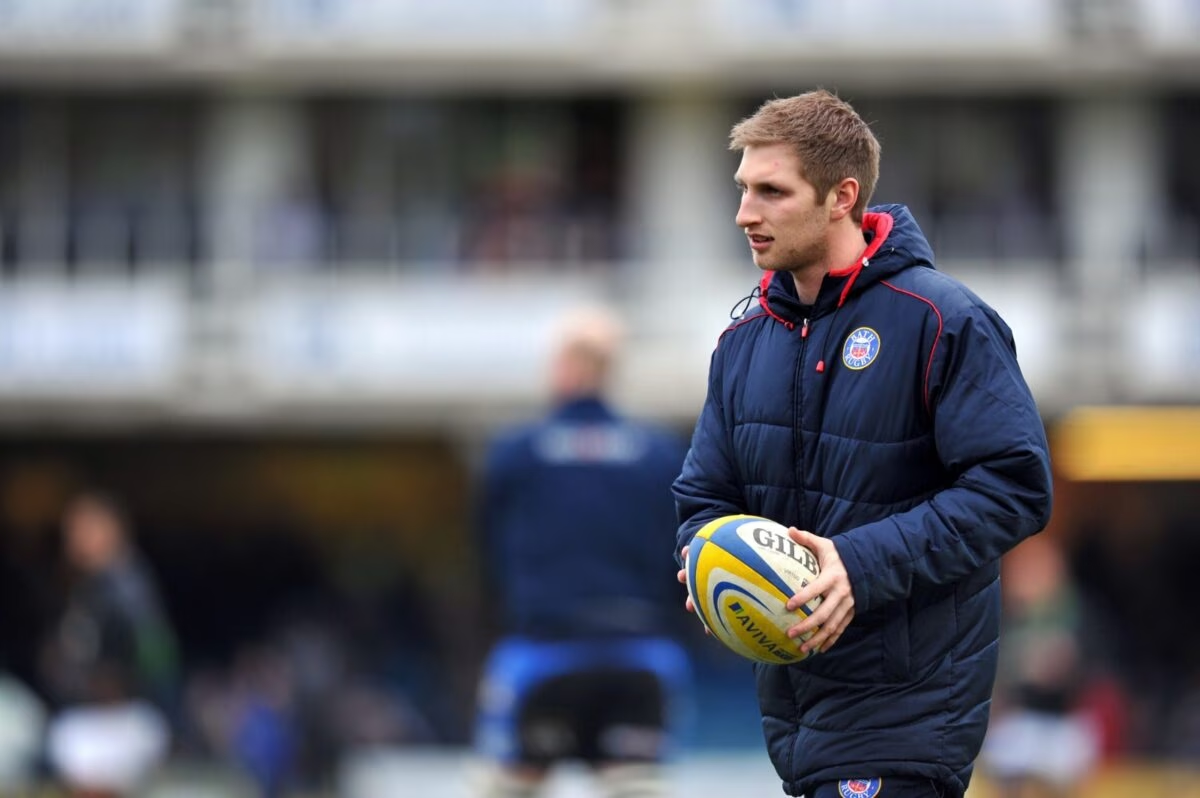An analysis career that began in Bath before taking in Japan and then Worcester has finally brought Aled Griffiths back home to Carmarthen.
“I was in university and dislocated my shoulder playing rugby,” he recalls of his time at UWIC (now Cardiff Met). “Being unable to play, I became interested in how things work behind the scenes. As part of my sports science degree I wrote a dissertation in my third year in performance analysis.”
The university’s fine record in getting young analysts into roles with top clubs continued apace with Griffiths, who landed an internship with Bath Rugby. From West Wales to the West Country, he ended up spending a fruitful four years with the traditional giants of English rugby, swiftly graduating from the academy system to the first team.
“From there I was lucky enough to go to Japan to work with Kobelco Steelers for three years,” he says of the club which now boasts the likes of Dan Carter amongst its ranks. There, he got to see what it took the rest of the world until last year’s Rugby World Cup to witness – including Japan’s famous passion for the game.
“On the rugby side of things it was a fairly easy transition because I was working with other foreign coaches so we were on the same wavelength in terms of philosophies and principles of play. The hardest but arguably most enjoyable transition was cultural – Japanese society is completely different.” Griffiths also learnt to speak basic Japanese to allow him to converse with Japanese players.
His is a rather unique role, he admits. “You mainly work with the coaches, but you still have to get buy-in from the players, to earn their respect in terms of what you’re trying to achieve, otherwise they just see you as somebody behind a computer. Professional rugby is a unique, challenging, fast-flowing environment. It’s about being a rugby person.”
He thinks other businesses can learn from certain aspects of that environment too, “in terms of how you build a team and how you implement changes, which happens in rugby on a weekly basis. You’ve got to be able to adapt and be ready to challenge yourself.”
Griffiths and wife Casey had their first child during the Japanese off-season, meaning little Macsen was born back home in Carmarthen. “The first year of his life was out in Japan: he went to a Japanese nursery, and Casey enjoyed taking him there and everything that goes with that. He’s had a taste of different cultures before the age of four!”
Returning to the English Premiership with Worcester made it one step closer to home, and at Sixways he was in the company of other Welsh speakers in the form of coach Mefin Davies, as well as flanker Sam Lewis and future international star Josh Adams.
Strangely, his subsequent move to Ospreys as Head Analyst was his first job in Welsh rugby. Baby son Celt, now seven months old, made it an even more apt decision to join the Liberty Stadium region. Meanwhile, Macsen will be starting full-time at local welsh school in September.
“I was excited to be part of the Welsh regional set-up because I hadn’t worked with the guys here before,” Griffiths explains. “I wanted a flavour of what the analysis system is like here because it’s been very successful for a lot of people who have come through it. Also, working with the calibre of players at the Ospreys day in, day out was something I was really excited to do.”
“I’m at a club where the Welsh language is really utilised a lot,” says Griffiths, a former pupil at Bro Myrddin. “I have conversations with guys like Scott Williams, Rhodri Jones, Aled Davies or Dan Evans – to name a few – who are fluent Welsh speakers, so we’ll just have a cup of coffee or a general chat in Welsh. It’s very natural – there’s nothing rigid about it.
“It’s our Mother Tongue at the end of the day.”
This article is adapted from the Welsh-language #CymryCymraeg series.

